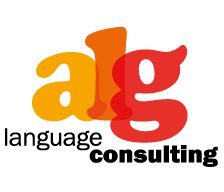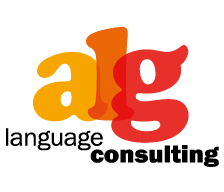The translation of manuals may seem simple, but in reality it is a delicate process that needs to be carefully done by a professional translator.
Today ALG Language Consulting explains why
The importance of professionals in the translation of manuals
Manuals, whether technical, scientific or functional, are technical documents that follow precise rules, especially as regards terminology.
Specific terminology is very important in a manual. During translation, it is therefore important to take account of the specific context, choosing the most appropriate specialist terms. Choice of the correct terminology is essential to avoid errors of meaning.
It is also very important to maintain the structure and layout of the text. In this type of writing, even the division into paragraphs has a specific function. The structure helps to organize topics and themes, often with reference to images contained in the manual. Here again, it is not advisable to be too free in terms of content. On the contrary, translators should maintain the number of words in each paragraph as far as possible, without changing the form.
The text must be translated 1 to 1, as faithfully as possible.
The translator’s work
The translator must know the language at native speaker level, but that’s not all. This type of translation requires expertise in the particular translation field, thus ensuring an accurate translation in the right context.
This is very important to guarantee that the reader clearly understands the manual. Manuals are used mainly in work and/or school environments and incorrect translation could therefore affect practical use.
A professional translator applies his/her technical expertise and knowledge without personal interpretation. Interpretations and variations in order to “improve understanding”, typical of a narrative text, are not best practice in these cases.
Contact ALG Language Consulting: reliable translating professionals at your service.



